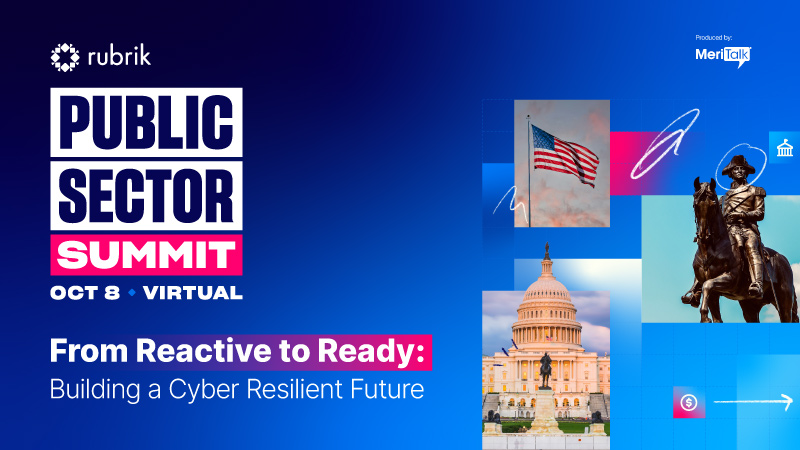
National Cyber Director (NCD) Harry Coker on Sept. 23 updated recent efforts by the Biden administration to further the National Cybersecurity Workforce and Education Strategy (NCWES), which was first released in July 2023.
Earlier this summer, the NCD unveiled a report highlighting the progress the administration has made on the NCWES to date – including actions taken by Federal agencies and the private sector to strengthen the cyber workforce.

“The Department of Labor, another great partner, just had a cybersecurity registered apprenticeship sprint, and I believe that brought in 7,000 apprenticeships,” Coker said during the USTelecom Cybersecurity Forum on Monday. “We have also received commitments from roughly 150 organizations in training, development, and hiring of cyber professionals.”
The NCD has particular interest in the cyber workforce at the state and local level, traveling across the United States as part of the Cybersecurity Workforce and Education Roadshow to share how the Biden-Harris Administration’s Investing in America agenda is supporting the cyber ecosystem.
Just last week, Coker was in western Pennsylvania where he said he saw “impressive best practices” within the cybersecurity community.
“One in particular is a partnership with Mercyhurst University in Erie, Pennsylvania, and Mercyhurst already had a great program for neurodiverse students,” which Coker described as an “insufficiently tapped talent pool.”
“Mercyhurst has been working with neurodiverse students, and now they’re working in partnership with Pennsylvania Cybersecurity Center on a dual program for cybersecurity for neurodiverse folks. So that’s significant progress as well,” he added.
Coker applauded the state’s cyber center for partnering with 10 high schools.
“Their goal by 2026 has increased from 10 high schools to 69 high schools across eight counties, and that’s great,” Coker said. “They have the right folks there – they’ll make that progress.”
The NCD admitted that scaling these cybersecurity best practices across the country is a challenge.
“We’ve gone across the country to various community colleges, and I’ve seen a number of best practices. But how do we scale that? That’s an area that we have to figure out,” Coker said. “One of the community colleges that we visited in Arizona, they have a security operations center, a SOC, on campus that’s run by students.”
“It provides students with relevant experience while they’re learning, and actually it allows them to learn and earn,” Coker said. “That SOC is not just providing cybersecurity for the community college, it’s providing cybersecurity for the local town that does not have the resources to rightly defend itself against nation state and other malicious cyber actors – another best practice that can be scaled across the country.”
Coker emphasized that the NCWES was created in recognition of the fact that there are nearly 500,000 open cyber jobs in the U.S. today.
“How do we attack that problem? I’m not going to mealy mouth the words and call it a challenge – it’s a problem,” Coker said. “It’s a problem that we have to solve.”
